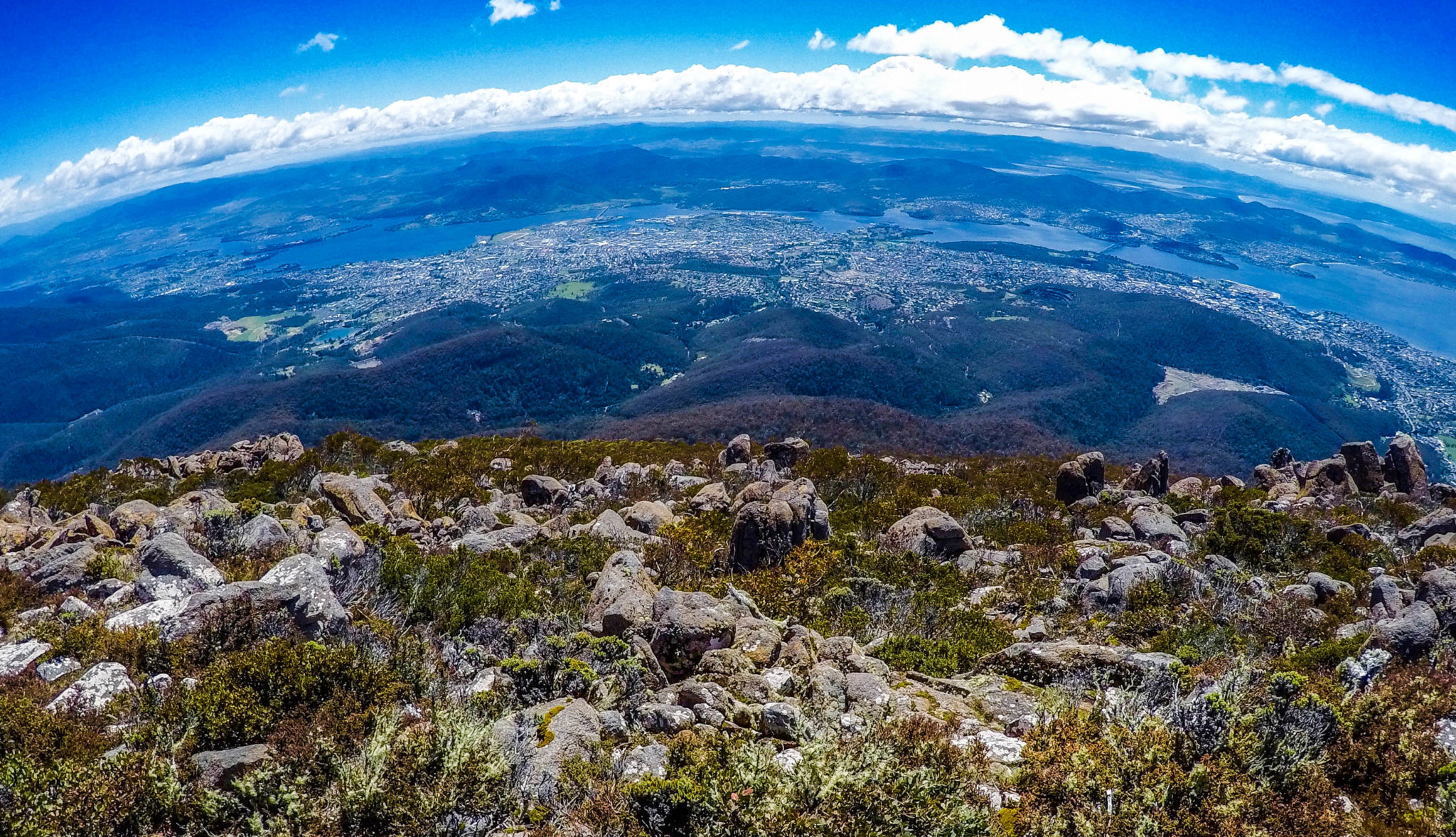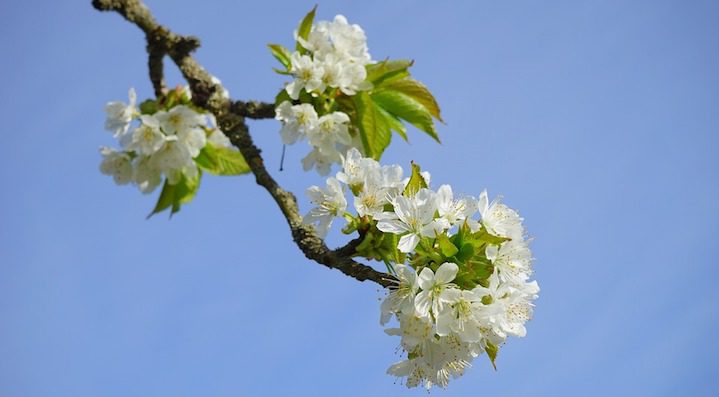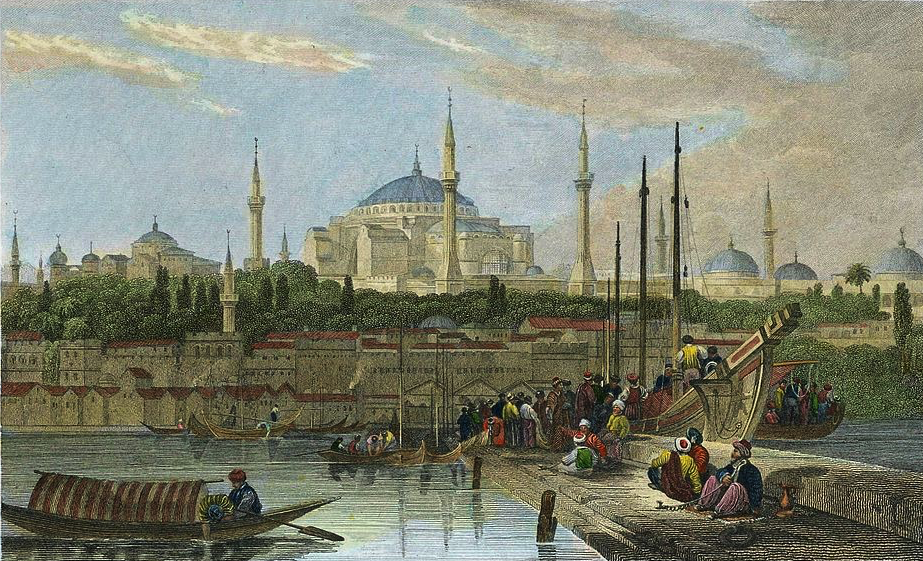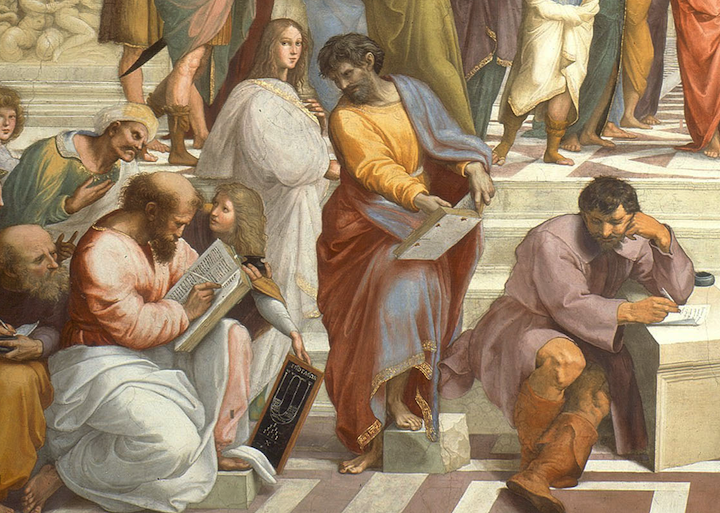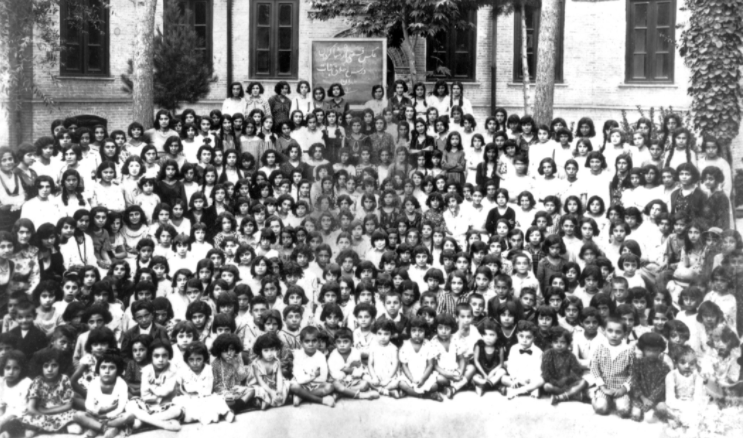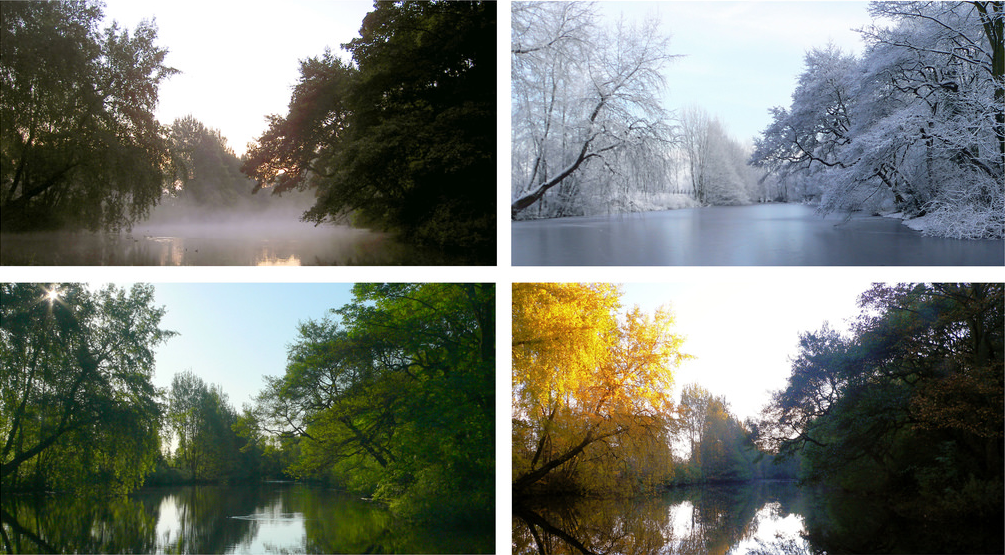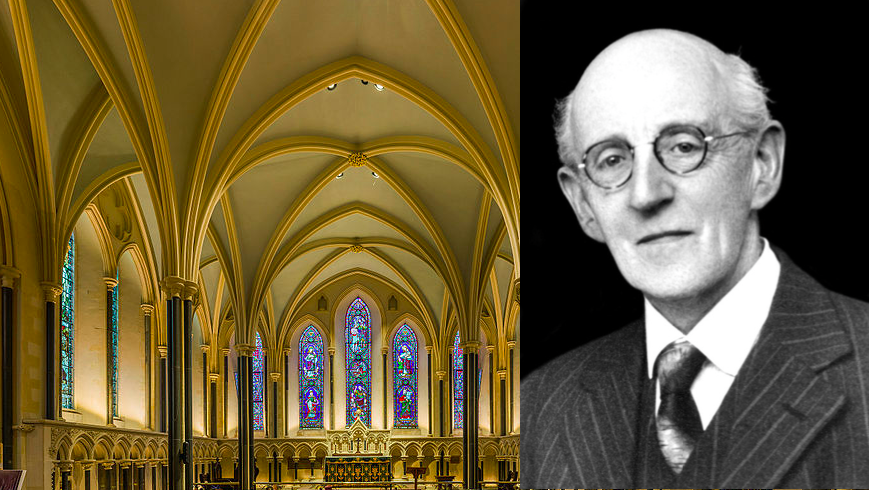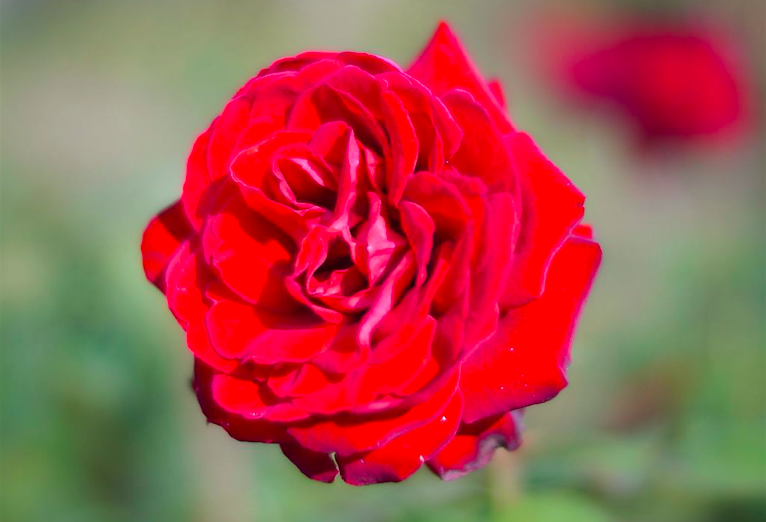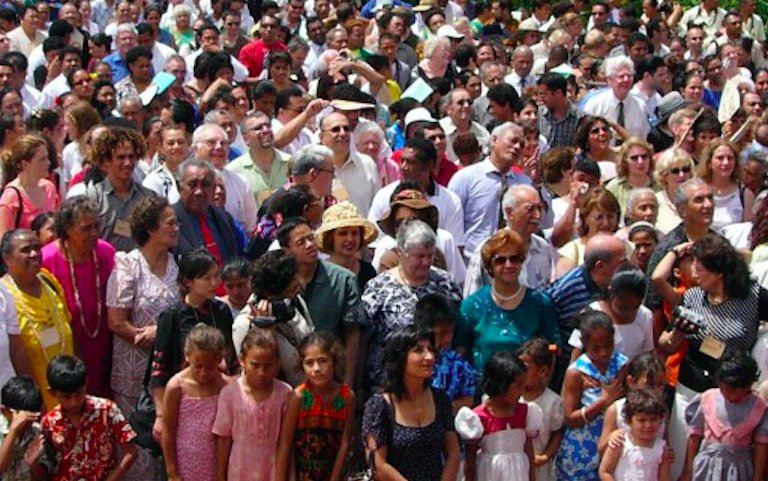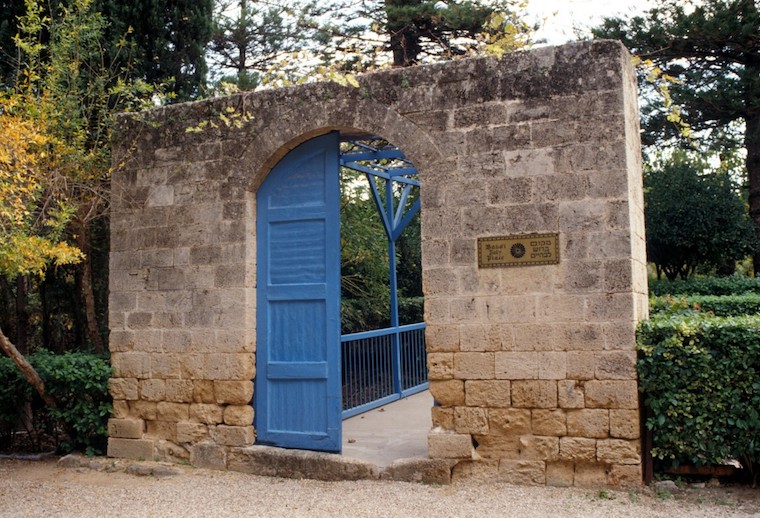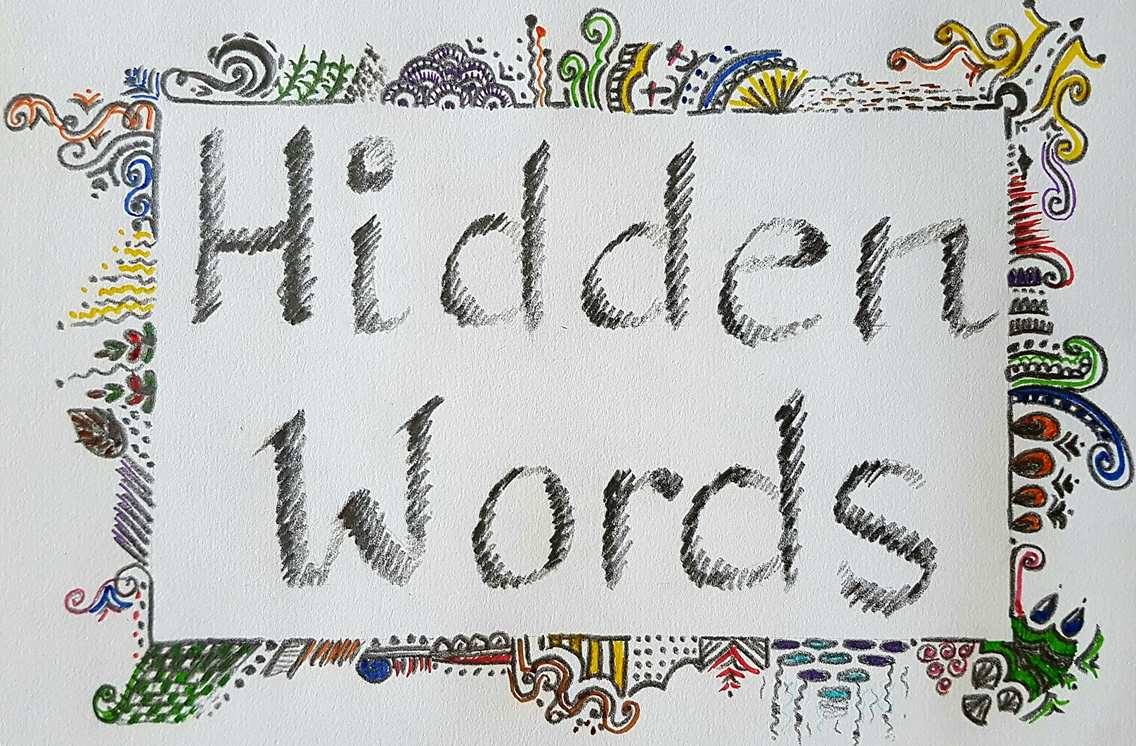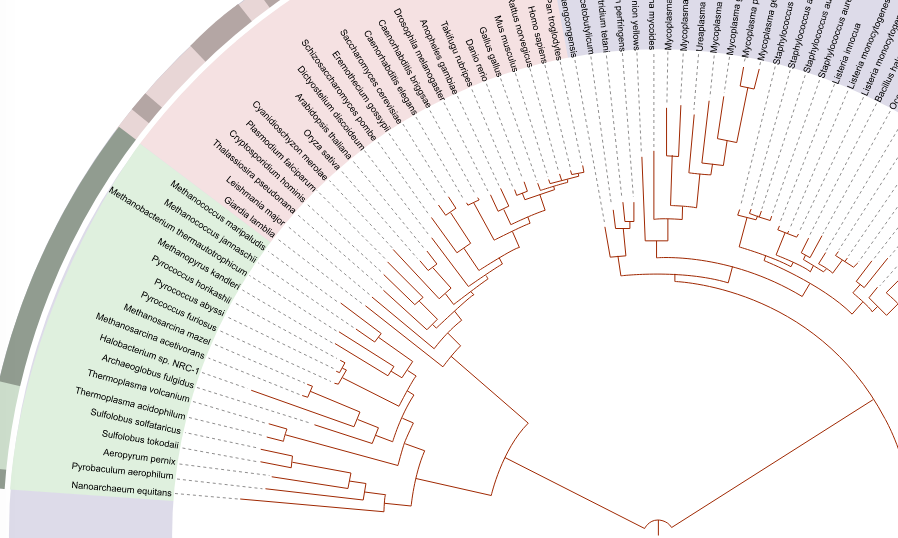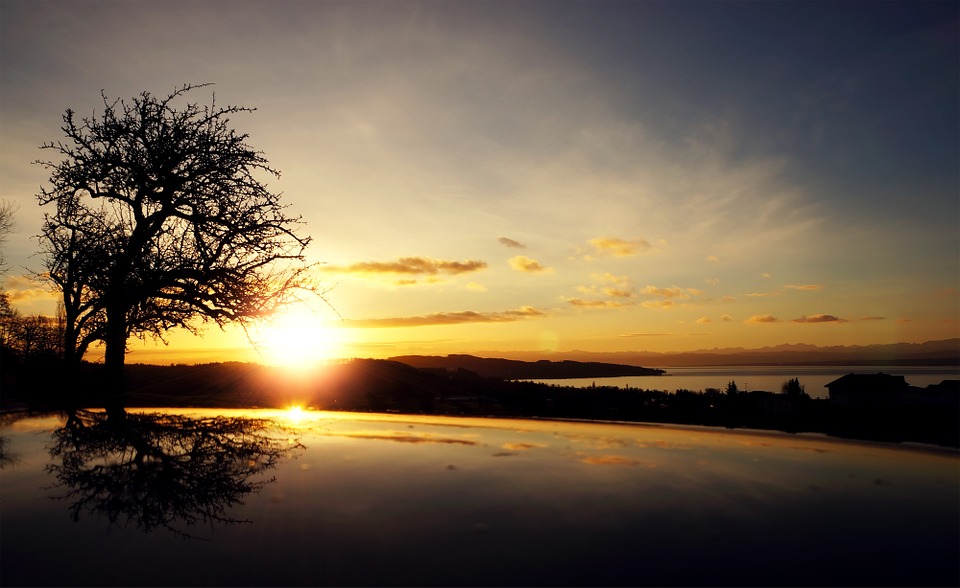Life of the Spirit
-
Detachment from the Material World
Bahá’u’lláh calls us to a spiritual life – but not an ascetic one. As discussed in a previous article, Bahá’u’lláh does not teach that the material world is inherently bad. It is the matrix within which our spiritual beings develop. And material reality speaks to us of the divine world. Yet, material existence is not the end goal of our lives. We are just passing through. The generations that have gone on before you—whither are they fled? And those round whom in life circled the fairest and the loveliest of the land, where now are they? … Others erelong will lay hands on what ye possess, and enter into your habitations.[1]…
-
What does it mean to be a Baha’i?
There is no single model of course – every Baha’i has their own story – which implies a multiplicity of ways of responding to Bahá’u’lláh’s teachings. The vision of what it means to be a Baha’i comes from Bahá’u’lláh’s writings. It is nothing like the stereotypes that might jump to mind. In one sense, Baha’is are people who are striving to translate Bahá’u’lláh’s writings into reality and action. This idea, ultimately comes from Bahá’u’lláh’s writings themselves where he says just that.[1] At a personal level being a Baha’i implies both a belief in Bahá’u’lláh and a sincere desire to live in accordance with Bahá’u’lláh’s teachings. It is a falling in…
-
A Mystic Journey – The Seven Valleys
Written for a judge and Sufi Shaykh, the Seven Valleys is described by Shoghi Effendi as Bahá’u’lláh’s greatest mystical work. The Seven Valleys is not easy to write about and defies superficial description. Only in travelling the journey can its meaning unfold. As Bahá’u’lláh writes in another of his mystical works, the Four Valleys: The story is told of a mystic knower, who went on a journey with a learned grammarian as his companion. They came to the shore of the Sea of Grandeur. The knower straightway flung himself into the waves, but the grammarian stood lost in his reasonings, which were as words that are written on water. The…
-
George Townshend – from Cathedral to Coherence
This article needs to begin with some of George Townshend’s words – as he was above all a writer. The “Hidden Words” is a love-song. It has for its background the romance of all the ages—the Love of God and Man, of the Creator and His creature. … Strange, … that this devotional volume, so beautiful in its thought and also (it is said) in the classic purity of its style, should never have drawn to itself the attention of an English scholar and should remain after seventy years unknown to the religion and the culture of the West.[1] George Townsend wrote this in 1930, almost 90 years ago. The strangeness still persists.…
-
Each Morrow Richer than its Yesterday
We all make mistakes. How we deal with our own mistakes and of those around us has important implications. Too often we stand in judgement of our fellow human beings. It’s an attitude that is corrosive to our own connection with the sacred, and in its worst manifestations creates a judgemental and oppressive community. Despite the prevalence of this human behaviour, the idea that we ought not judge others is ancient and familiar. Bahá’u’lláh reminds us in his Hidden Words that it is a core insight from the spiritual wisdom of the world. Breathe not the sins of others so long as thou art thyself a sinner.[1] How couldst thou forget thine own…
-
Mystic Gems – the Hidden Words of Bahá’u’lláh
Among the most well-known works of Bahá’u’lláh are the Hidden Words. They are written in brief “gem-like utterances”,[1] 71 in Arabic and 82 in Persian. They are at once of crystalline clarity and yet impenetrable in their allusion to a spiritual reality beyond our day-to-day experience. The Hidden Words are among the works which Bahá’u’lláh wrote in the voice of the “truth-seeker and mystic”.[2] They were written in 1857–58 and were the fruit of Bahá’u’lláh’s meditations while walking the banks of the Tigris River in Baghdad. Bahá’u’lláh introduces them as follows: This is that which hath descended from the Realm of Glory, uttered by the tongue of power and might, and revealed unto the…


